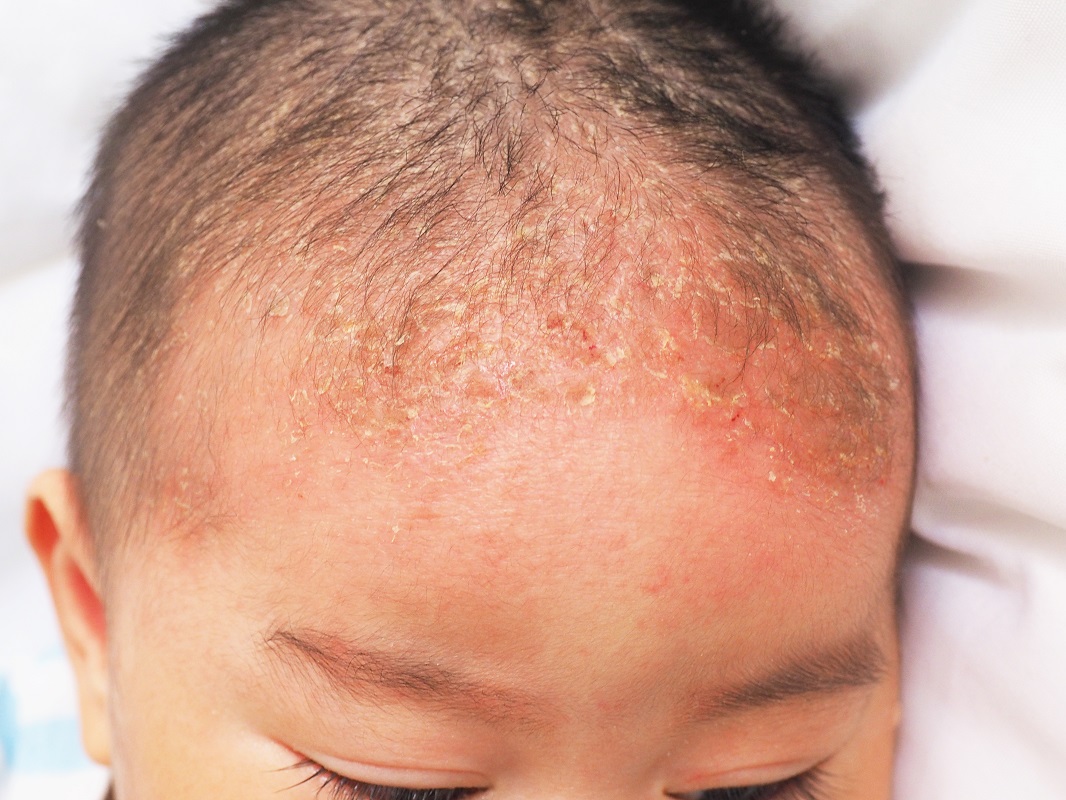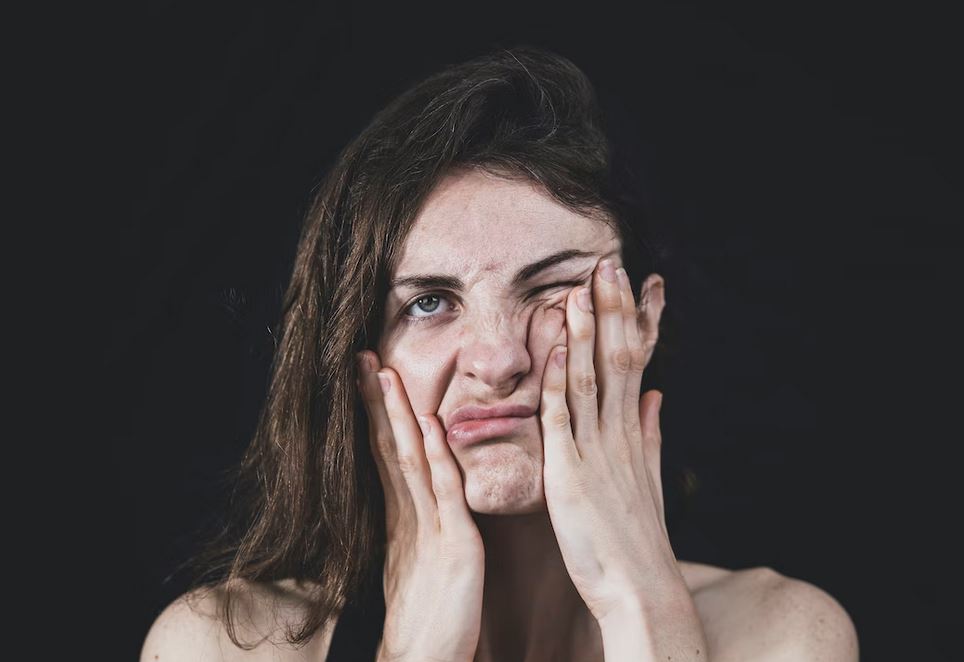Acne is never fun to have. They are often painful, they look bad, and they leave ugly scars in their wake. They are an inconvenience for anyone and can even be a source of embarrassment.
Solutions are often targeted at just getting rid of acne when they are there and removing scars when they have healed. These aren’t wrong, of course. It’s important to find ways to address these concerns when they come up.
Learning how to manage such skin issues can even provide answers to your many skincare and beauty questions such as “Can whitening products remove acne scars?” or “How does laser scar removal work?” But it seems we overlook an important aspect entirely: why do we get pimples in specific locations in the first place?
If you have ever wondered what your pimples could be saying about your health and personal care, you are in the right place.
Acne Around Your Hairline

Pimples on your hairline area can be caused by various factors, most of them relating to how you care for your hair. Firstly, the natural buildup of oils and dead skin cells around the hairy parts of your skin is to be expected. However, poor hygiene practices and excessive use of styling products can aggravate this and irritate the skin along your hairline.
In addition to these, be mindful of what you wear on your head, too. Helmets, headbands, caps, hats, and scarves could further trap oil on your hairline and cause acne. Regularly cleansing your face and avoiding using too many products on it can prevent issues.
Acne on Your T-zone
When you have acne on your nose and forehead, it can be tied to stress. Stress makes your skin produce more oil, and your T-zone already has more oil glands than the rest of your face. This means that dirt and oil buildup is much more likely to occur on your nose and forehead when you are overwhelmed.
Prevent acne from appearing on your T-zone by practicing good stress management amidst your responsibilities. Make time for rest, such as doing meditation exercises or even spending some time around nature. Do activities that get your mind off of work and allow you to enjoy time by yourself.
You should also get a better quality of sleep as it contributes to your productivity. Poor sleeping habits leave you feeling tired and restless the next day, hampering your ability to stay on top of various tasks.
Acne on Your Cheeks
Do you often touch your face? Do you wear glasses and/or face masks regularly? When was the last time you changed your bed sheets and pillowcases? Do you always take calls on your phone?
These are perfectly normal practices, but they could be the culprits for the acne on your cheeks. All these different things that touch your face transfer bacteria that clog your pores.
To avoid getting pimples on your cheeks, clean your phone and glasses regularly using the appropriate cleaners. Change your sheets every week, too. When mascne is causing issues, remember to wash your reusable mask after every use and replace disposable ones after every four hours.
Be careful not to keep touching your face throughout the day not to spread germs and irritate your skin.
Acne on Your Jawline and Chin

Hormonal imbalances are usually to blame for the acne you find along your jawline and chin. The fluctuation of your hormones usually occurs a week before your menstruation begins, increasing oil production on your face and clogging pores. If you recently started taking birth control medications, these could cause acne, too.
Another reason for hormonal imbalances is your diet. What you eat has effects on your gut, which then affects your hormones. Processed foods, sugary items, dairy, and caffeine could also be causing the changes in your hormone levels, so try to avoid these when possible.
When you are nearing your menstrual cycle, too, switch up your skincare routine and use cleansers that help fight acne. Moisturizers and other treatments to prevent and treat acne will also be helpful during this time.
Acne on Your Chest and Back
Acne in these body parts is often due to the kinds of clothes you wear, especially when exercising. Wearing synthetic fabrics such as nylon and polyester can irritate your skin. Opt to wear light, breathable fabrics for workouts to avoid sweat from sticking to your skin and causing pimples.
Knowing where your acne comes from is a good start for clearer skin. However, should these issues persist, consult a dermatologist who can prescribe proper treatment for your concerns.




